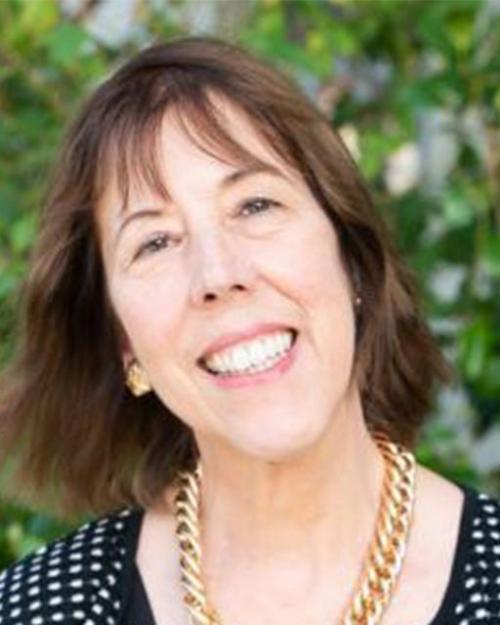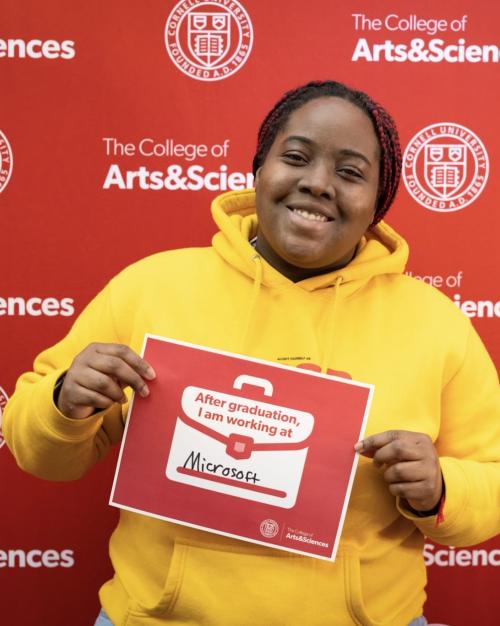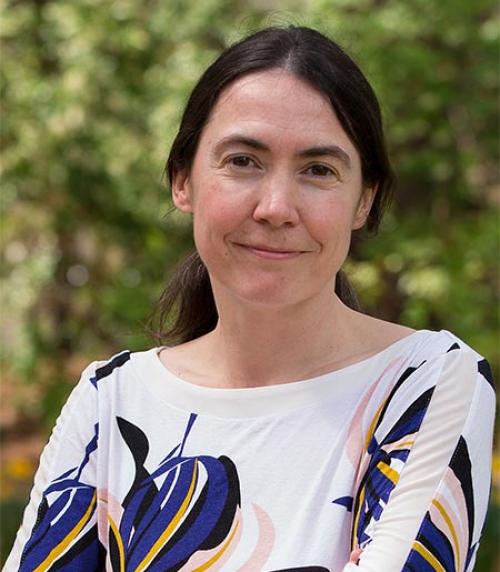Rachel Bean, professor of astronomy, has been named the first senior associate dean of undergraduate education for the College of Arts & Sciences and will begin her position on July 1. The appointment is the next step in a restructuring of the college’s admissions and advising office, which is undergoing a reorganization this year to better serve the needs of current and future students. Under the new plan, the college created positions for a director of advising and a director of admissions, filled by John Morganelli Jr. and Bonnie Comella, respectively. Both positions, along with the director of career development, Jennifer Maclaughlin, will report to Bean, who will oversee the admissions, advising and career development offices.
“Rachel will bring an important faculty perspective to our advising and admissions efforts in the college,” said Gretchen Ritter, the Harold Tanner Dean of the College of Arts & Sciences. “She is an accomplished scientist, a wonderful teacher and is well known and respected in her field and at Cornell. We are very fortunate that she will be our first senior associate dean of undergraduate education.”
“Our undergraduates are a truly exceptional cohort, who study and share their college experience together, while coming from very diverse backgrounds and having equally varied ambitions,” said Bean. “I am honored to have this opportunity to work with our experienced advising, admissions and career service teams, to be able to support and enable all of our students, from their admission to Cornell through to when they are planning their next steps in life, as they graduate.”
Bean has played an active role in her department and at Cornell. She is currently director of graduate studies for the field of astronomy, and from 2013-15 was the chair of the College of Arts & Sciences Diversity Council. In that role, she led the creation of a report on "Growing and Sustaining Diversity in the College of Arts & Sciences Faculty," which studied the College's progress in meeting its diversity goals and identified strategies to enhance diversity in the College. The report made recommendations that have led to positive changes in the hiring and recruitment policy and practices within the College.
“Throughout my career, I have been deeply committed to understanding and overcoming challenges to build diversity and inclusiveness, both in the College and the broader academic communities to which I belong,” said Bean. “I am eager to help ensure that the diversity of our students is valued and recognized and that all students can thrive and reach their fullest potential, irrespective of their background.”
Bean said she wants to help advance the important curriculum conversation happening between faculty, students and alumni, about how the College’s curriculum and requirements can be revised to enhance students’ undergraduate experience. “I am looking forward to facilitating the revision process and supporting our faculty in its implementation,” said Bean. “I profoundly believe that the Arts & Sciences curriculum is a central component of Cornell’s liberal arts mission; it stands out in offering innumerable ways — spanning the humanities, social and natural sciences — for our students to step beyond their comfort zones, to expand and challenge their perceptions of our world and how they can positively impact it.”
Bean’s research focuses on cosmological theories, using observations such as the cosmic microwave background (CMB) and large scale structure data (galaxies and clusters of galaxies). Her current research includes work to establish the nature of dark energy, determine how gravity behaves on cosmic scales and how observations can be used to distinguish between competing theories. She is actively involved in a number of science teams for upcoming NASA, NSF and DOE-funded large scale structure surveys and she currently leads the LSST Dark Energy Science Collaboration.
Bean received a B.A. from Christ’s College, Cambridge University in 1995; a M.Sc. in 1999 and a Ph.D. in physics in 2002, both from Imperial College, University of London. She is the recipient of a Presidential Early Career Award in Science and Engineering. As a member of the NASA WMAP satellite science team, she has received the Gruber Prize in Cosmology and the NASA Group Achievement Award. She is a fellow of the American Physical Society.




